by Sugar Team October 17, 2022 7 min read

During the first year of the COVID-19 pandemic, anxiety and depression surged globally by 25%, according to the World Health Organization. Even more recent research shows that over 7% of adults have been diagnosed with major depressive disorder - the highest number in years.
The good news is that we now have more information and resources than ever before to manage our mental health. It's no longer taboo to talk or look for help regarding one’s psychological state; rather, it’s encouraged, and this cultural shift has led to more treatments being available now than ever. CBD is one such treatment.
CBD, or cannabidiol, is a compound found in cannabis plants that is often extracted from hemp (a cannabis plant with very low levels of THC). CBD has been shown to potentially reduce anxiety and depression, among other benefits.
In this article, we'll explore how CBD may be able to help alleviate depression. We'll also touch on the possible side effects of taking CBD and what you should keep in mind if you're considering trying it.
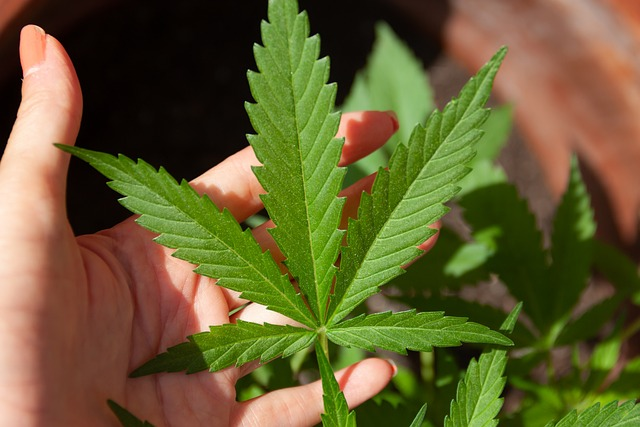
CBD, or cannabidiol, is a compound found in cannabis plants. Unlike its counterpart, THC, CBD does not produce psychoactive effects or the “high” feeling typically associated with marijuana use.
CBD can be extracted from both hemp and marijuana plants but is most commonly derived from industrial hemp plants due to their low THC content.
Cannabinoid interacts with the body’s endocannabinoid system (ECS). The ECS is a biological system that helps maintain homeostasis or balance in the body.
Two primary cells make up the ECS: endocannabinoids and receptors. Endocannabinoids are signaling molecules that bind to receptors and help maintain balance in the body.
There are two main types of receptors: CB1 and CB2. CB1 receptors are found primarily in the central nervous system (CNS), while CB2 receptors are found in the peripheral nervous system (PNS).
The binding of CBD to these receptors helps modulate various functions such as mood, sleep, appetite, pain, and inflammation.
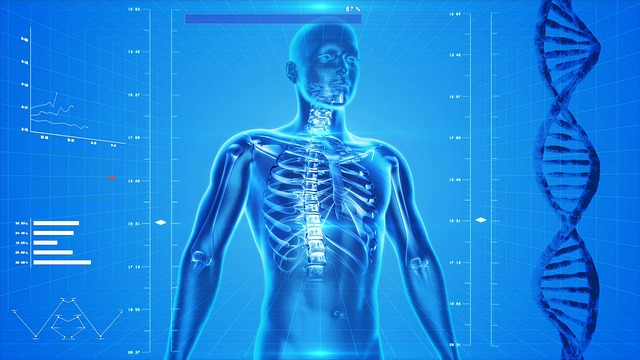
The endocannabinoid system (ECS) is a complex network of receptors and chemicals that helps to regulate various essential functions in the body. It's comprised of cannabinoid receptors, enzymes, and endocannabinoids (chemicals that bind to cannabinoid receptors).
CBD (cannabidiol) is a cannabinoid that doesn't bind directly to cannabinoid receptors but affects them indirectly, i.e. by changing how they're activated. CBD has been shown to produce antidepressant-like effects in animal studies.
The ECS plays a vital role in regulating mood and several studies have shown that activation of CB1 receptors can lead to antidepressant-like effects. For instance, one study using animals found that CB1 receptor activation reverses the negative effects of chronic stress on the endocannabinoid system. This suggests that the ECS may play a role in the development of depression.
Anandamide
CBD has also been shown to increase levels of anandamide, an endocannabinoid that binds to CB1 receptors. Anandamide is often referred to as the "bliss molecule" because it's associated with feelings of well-being and happiness.
CBD may increase levels of anandamide by inhibiting the activity of an enzyme that breaks it down (potentially explaining where CBD gets some of its antidepressant-like effects from).
Serotonin
CBD also affects the activity of serotonin, a neurotransmitter that is involved in regulating mood. CBD has been shown to increase levels of serotonin in the brain. This could be one of the mechanisms by which CBD exerts its antidepressant-like effects.
Rimonabant
An interesting dichotomy; rimonabant is a cannabinoid that binds to the CB1 receptor and inhibits its activity. This leads to decreased levels of anandamide and serotonin in the brain.
Rimonabant was marketed as an appetite suppressant and weight loss drug in Europe, but it was pulled from the market due to its psychiatric side effects, which included depression and anxiety.
Since it’s known to have the opposite mechanism of action as CBD, and produce more or less the opposite result (increased levels of anxiety and depression), it’s promising pharmaceutical evidence for how CBD works.
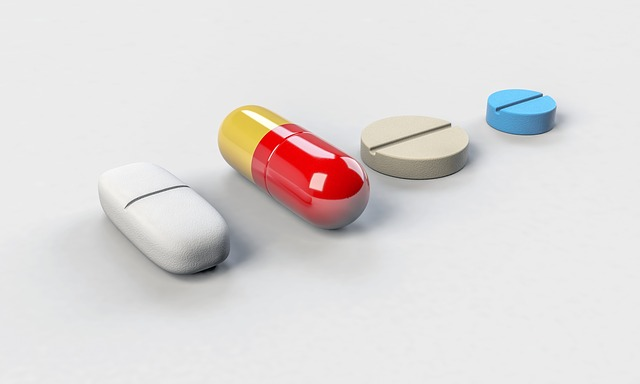
Before answering that question, it's important to note that the FDA has not approved CBD as a treatment for depression. But this hasn't stopped people from using it to self-medicate, and many have reported feeling better after using CBD. So what gives?
The fact is: we don't know for sure if CBD helps alleviate depression. The science is still inconclusive; more research needs to be done before we can conclusively say that it does.
Antidepressants, on the other hand, are widely approved by almost all medical bodies worldwide. How does CBD compare?
Side effects
Anti-depressants are the most common treatment for depression. They work by increasing levels of serotonin in the brain; this in turn helps improve mood.
There are several different types of anti-depressants available, each with their own side effects. These can include weight gain, sexual dysfunction, and fatigue.
CBD, on the other hand, is far less likely to cause any of these side effects. In fact, CBD has been shown to significantly improve many of the side effects associated with anti-depressants, like anxiety and insomnia.
So, which is more effective? We still don’t know for sure. But many people report feeling better after using CBD – so if you're looking for a way to improve your symptoms, you can always give it a try and see for yourself.
CBD is known to be safe and well-tolerated by most people, according to the World Health Organization. Despite extensive use, CBD has a good safety profile and most people don't experience any side effects. But if you are new to CBD, it's always best to start with a low dose and increase gradually. Here are some of its potential side effects:
Dry mouth: CBD can decrease saliva production, leading to dry mouth.
Diarrhea: CBD can act as a laxative and cause diarrhea. This is usually temporary and goes away on its own.
Fatigue: Some people may experience fatigue when taking CBD. This is generally mild and goes away quickly.
Interactions: CBD can interact with other medications you are taking, like blood thinners. It's always best to talk to your doctor before starting CBD, to ensure it is safe for you.
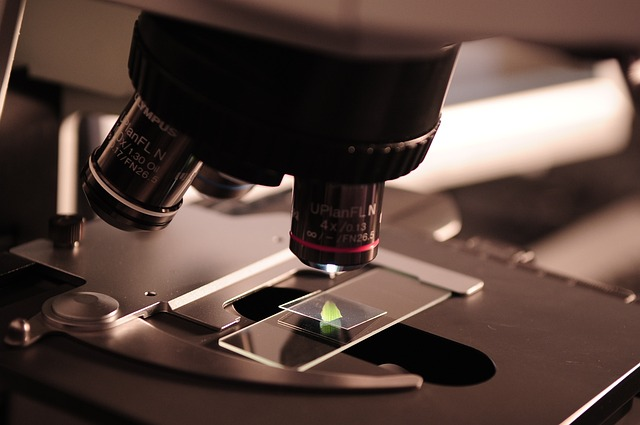
A study in 2020 explained that CBD stimulates synaptic plasticity and neurogenesis in the hippocampus—the part of the brain responsible for memory and learning. By increasing serotonin levels in the brain, CBD may also help reduce anxiety and improve sleep quality in people with post-traumatic stress disorder (PTSD), according to a 2016 study of 11 patients.
In addition, a recent study of 31 adults that were resistant to therapy showed that two-thirds of patients who used CBD had a decrease in their symptoms of depression. Their OASIS (Obsessive-Compulsive Anxiety Scale for Adults) and HAM-D (Hamilton Rating Scale for Depression) scores both significantly improved after taking CBD.
These findings are highly preliminary, but they suggest that CBD may have anti-depressant effects.

Anxiety has been linked to depression in a number of reputable studies. In fact, it is now the most common mental disorder in the United States, leading many to live in a heightened state of worry that is out of proportion to the situation.
Anxiety disorders come in many different shapes and sizes, but all share one thing in common: an intense feeling of crushing fear. The significant degree of symptom overlap with depression is not surprising; 41.6% of individuals suffering from long-term depression also have an anxiety disorder.
CBD has been shown to help alleviate anxiety - for example, one study published by NIH found that CBD oil helped participants feel less anxious during a public speaking test.
CBD has also been shown to be effective in reducing anxiety levels in people with a social anxiety disorder (SAD), who typically experience fear or avoidance of social situations.
Given that anxiety plays a huge role in depression, it stands to reason that CBD oil could help alleviate some of the symptoms associated with this mental disorder.

There are many ways to take CBD for depression, but generally: ensure you get a high-quality product from a reputable company, and always start with a low dose to see how your body reacts.
Still not sure what to do? Below are some of the most popular ways to take CBD for depression.
CBD Oil: CBD oil is the most popular way to take CBD for depression. Start with a low dose (5-10 drops) under the tongue and increase as needed.
CBD Capsules or Pills: For those who don’t like the taste of CBD oil, capsules are a good alternative. Simply swallow with water like you would any other pill. Again, start with as small a dose as you can manage, and slowly increase over time.
CBD Edibles: CBD edibles are great if you don’t like the taste of oil or pills. There are many different types of edibles, from gummies to chocolate, so you can find one that suits your taste.
CBD Cigarettes: For those who smoke cigarettes, simply replace your regular cigarette with a CBD cigarette and smoke as usual.
CBD Vaping: Vaping is one of the fastest ways to get CBD into your system, making it an excellent option for those who need immediate relief from their depression symptoms.
Depression is a common mental health disorder that can have a negative impact on one’s quality of life. According to the World Health Organization, depression affects more than 3% of the population globally.
Although the world needs more conclusive research on CBD’s antidepressant effects, the available evidence for CBD as a mood stabilizer is promising. Not sure if it’s right for you? Give it a try – just make sure to talk to your doctor first!
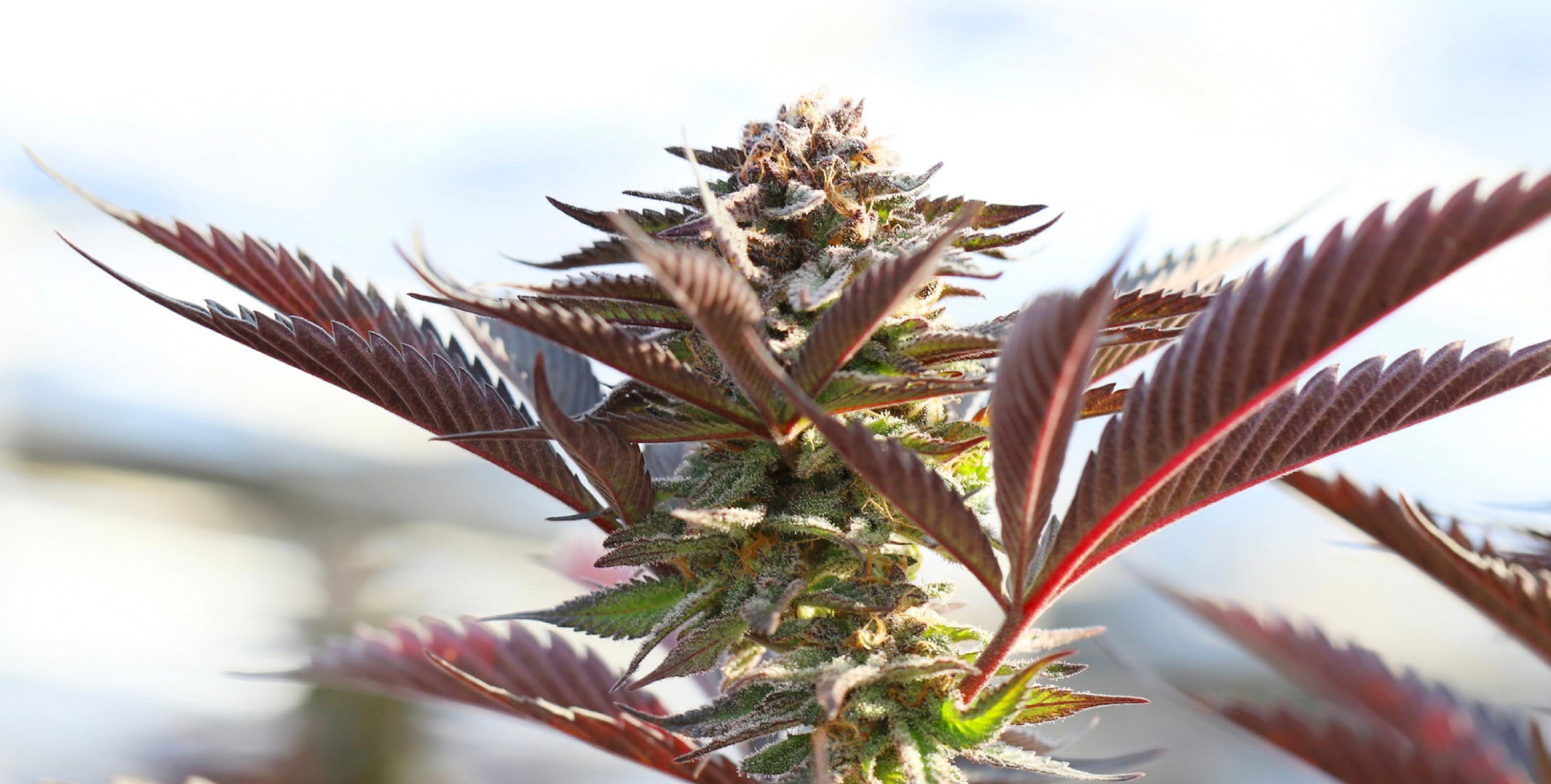
by Sugar Team April 10, 2023 7 min read

by Sugar Team March 31, 2023 8 min read
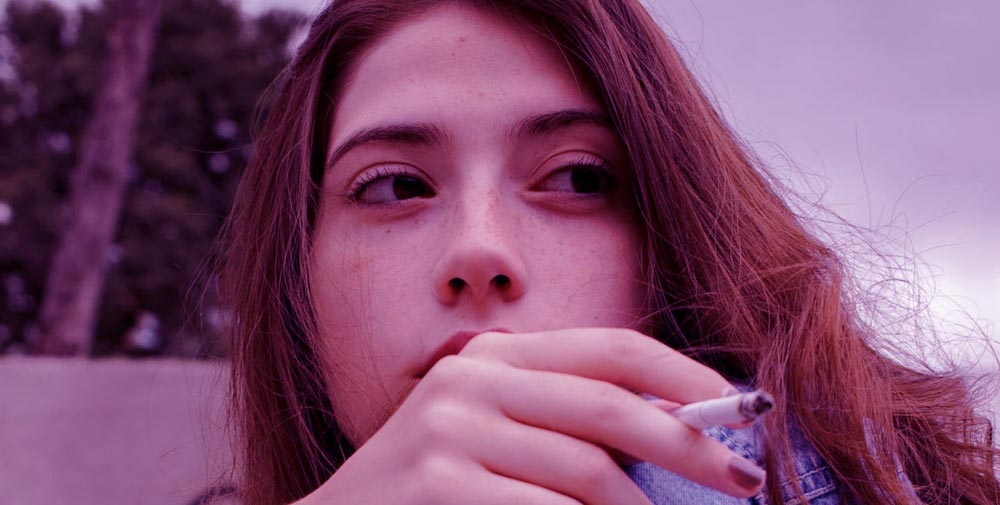
by Sugar Team March 17, 2023 7 min read